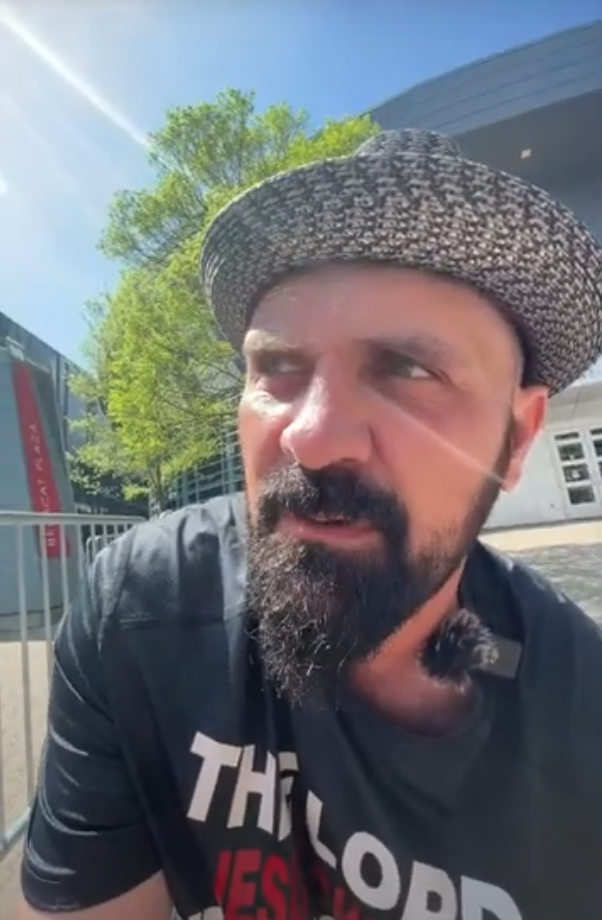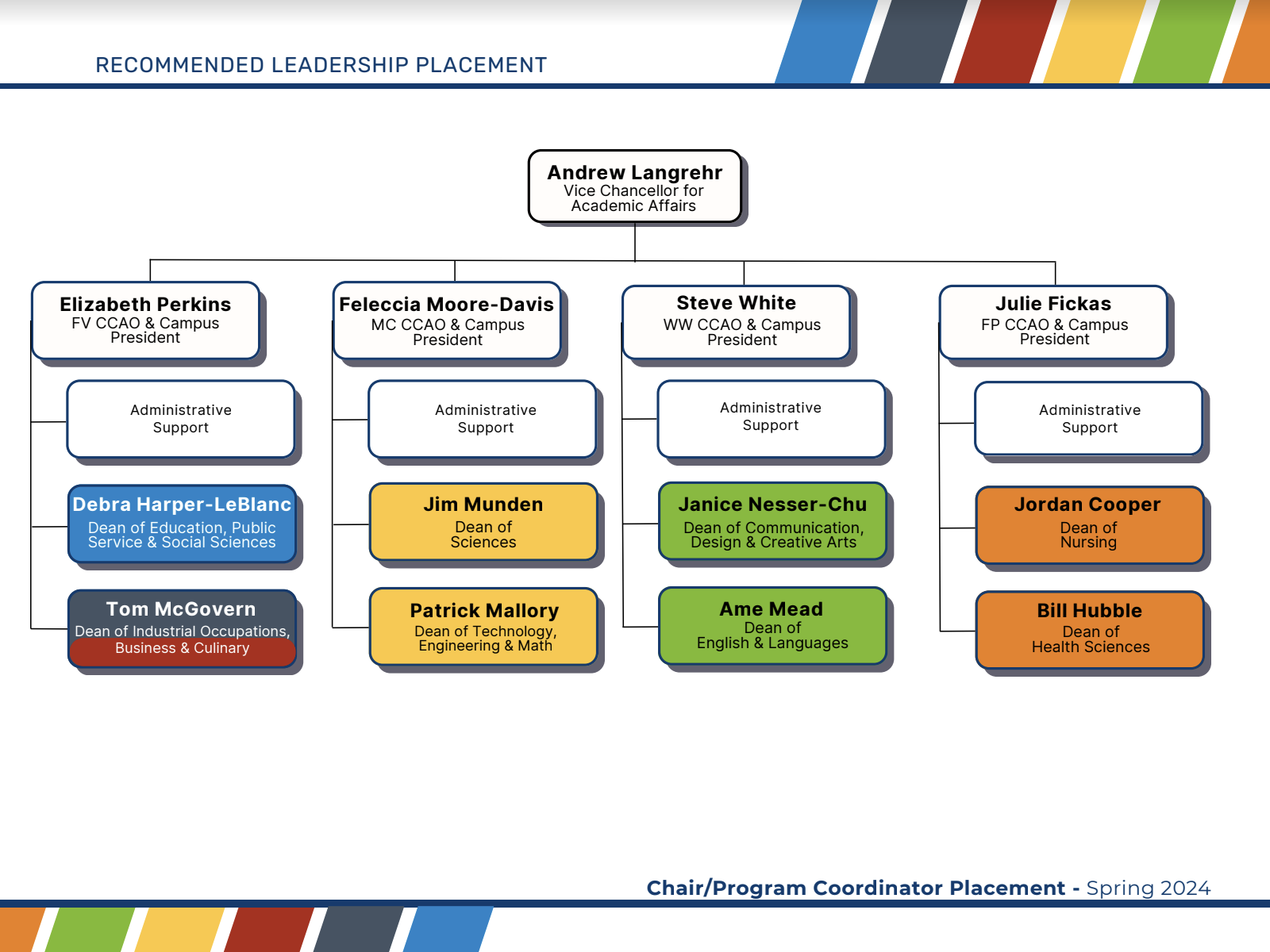Sgt. Brian Hawthorne visited STLCC-Meramec in an effort to help raise awareness about disabled veterans. Hawthorne told the story of his life, struggles and ideas.

Kelly Davis
– Copy Editor –
On April 29, the veterans’ abilities were recognized. In the Meramec Theatre, Sgt. Brian Hawthorne told his life story; letting others know his disability, which led to his abilities and success.
STLCC-Meramec Interim President Zerrie Campbell began the event by explaining she also understands the life of the disabled for she has had two knees replaced. She said we should celebrate ability because “What doesn’t kill us makes us stronger.”
Jim Frost, assistant department chair of mathematics at Meramec, introduced Hawthorne as Campbell took her seat.
“I just met him yesterday. I took to him like a fishing wire,” Frost said.
Frost said he was honored to hear Hawthorne’s story.
“Telling my story to others is therapeutic… although everyone can read about it online, because with Google you can’t hide whatever you have done,” Hawthorne said.
Hawthorne grew up in New York, though he currently lives in D.C. His parents divorced when he was in high school. He said he was interested in school “apathetically.”
“School bored me. I wasn’t engaged,” Hawthorne said. “I liked fire fighting; it had a public service aspect.”
When he was 16, Hawthorne volunteered as a fire fighter. After the terrorist attacks on Sept. 11, he said he wanted to take on more. Therefore, he joined the Army Reserve when he was 18.
“The army got me out of the house and kept me in line,” Hawthorne said. “In May 2005, I was deployed to Iraq with the Alpha 401st Civil Affairs Battalion to Mosul.”
After spending time in Iraq, Hawthorne said he spent time at home before he redeployed to Baghdad with the 450th Civil Affairs Battalion (Airborne) in July 2007.
“I missed being on the battlefield. I actually felt guilty for going home,” Hawthorne said. “I had nightmares about it.”
In Baghdad he volunteered as a military medic, which he said left him in charge of millions. On Sept. 26, 2007, he carried out his abilities by saving Sgt. Shaun Chandler when his vehicle was struck by an explosively formed penetrating (EFP) improvised explosive device.
“I did what I was trained to do as a medic,” Hawthorne said. “I applied tourniquets, administered intravenous fluids and medicines, and treated the soldier for shock.”
Hawthorne said that Baghdad left him with many sleepless nights. He spent most of his nights reading, which allowed him to complete his associate degree.
“Everyone had difficulty sleeping. Eighty percent of my unit was on sleeping pills,” Hawthorne said. “We were stuck in our nightmares hoping to make it through each day. This really wears down on a person but we knew we were making a difference.”
After his mission in Baghdad, Hawthorne went to George Washington University to finish his education. He then discovered he could not focus or “keep up with the teachers.” He was diagnosed with traumatic brain damage.
“I am considered a disabled veteran. This is my struggle,” Hawthorne said. “As a country, we have to create a culture where we can talk about success and struggles.”
Hawthorne has made it his dream to reach out to other veterans by “raising awareness about organizations and campus communities that appeal to veterans and discuss their social and health issues.”
As a community, he said he would like everyone to work together to ensure that people are getting their education in every type of field.
“We are the generation that has a story to tell. We can’t dwell in our own difficulties. We must honor our mistakes by learning from them,” Hawthorne said. “We must be proud of our abilities and our success.”











